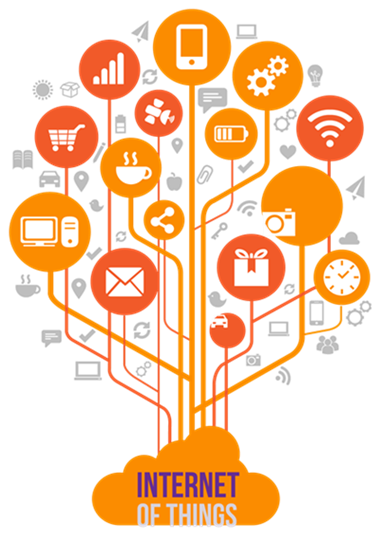Internet of Things (IOT) is a platform and a phenomenon that allows everything to process information, communicate data, analyze context collaboratively and in the service or individuals, organizations and businesses. In the process of doing so, a large amount of data with different formats and content has to be processed efficiently, quickly and intelligently through advanced algorithms, techniques, models and tools. This new paradigm is enabled by the maturity of several different technologies, including the internet, wireless communication, cloud computing, sensors, big data analytics and machine learning algorithms.
Big Data is another paradigm to describe processing of data to make it 'make sense' to people using IoT. Big Data has five characteristics: volume, velocity, variety, veracity and value. There are reports that businesses and research communities equipped with Big Data skills can provide additional incentives, opportunities, funding and innovation to their long-term strategies. The new knowledge, tools, practices, and infrastructures produced will enable breakthrough discoveries and innovation in physical science, engineering, mobile services, medicine, business, education, earth science, security and risk analysis.
Big Data fundamentals - Services Computing, Techniques, Recommendations and Frameworks
Modeling, Experiments, Sharing Technologies & Platforms
SQL/NoSQL databases, Data Processing Techniques, Visualization and Modern Technologiesthms.
Network Design and Architecture
Software Architecture and Middleware
Mobile Services
IEEE is the world's largest professional association dedicated to advancing technological innovation and excellence for the benefit of humanity. IEEE and its members inspire a global community through IEEE's highly cited publications, conferences, technology standards, and professional and educational activities.





